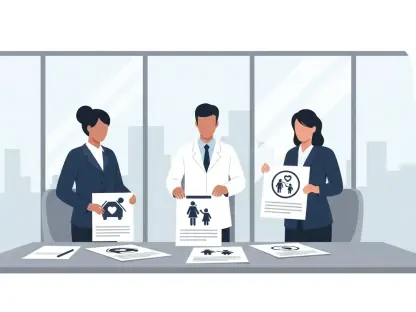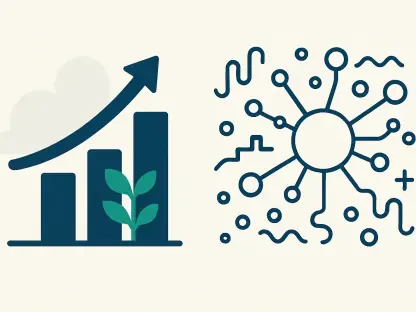Efforts to combat insurance fraud are gaining momentum, with legislative trends indicating significant shifts in how states tackle this pervasive issue. The state of Michigan is at the forefront, proposing a series of legislative changes aimed at enhancing its approach to insurance fraud. These legislative bills aim to introduce stricter penalties, enforce mandatory reporting, and enhance the overall regulatory framework. This analysis explores the current state of insurance fraud laws, insights from industry experts, and future projections for these crucial reforms.
Current State of Insurance Fraud Laws
Examination of Existing Legislation
The landscape of insurance fraud legislation in Michigan is experiencing substantial revisions through specific House Bills, each addressing different facets of fraud prevention and enforcement. The legislative package includes House Bills 4715, 4716, 4718, and 4719, each targeting key aspects of reinforcing fraud laws. Data shows a notable increase in reported cases of insurance fraud, necessitating a more robust legal framework to deter such activities. The proposed laws aim to align Michigan with best practices nationwide, illustrating a growing trend toward combating insurance fraud more efficiently.
Real-World Applications of Current Laws
In practical terms, these legislative initiatives translate into actionable steps for insurers and the legal system. For instance, House Bill 4715 provides legal immunity to insurers and agents who report suspected fraud, removing barriers to proactive reporting. House Bill 4716 mandates serious penalties for significant fraud offenses, which could result in potential 20-year imprisonments and substantial fines. Real-world case studies highlight how similar measures in other states have curtailed fraudulent activities, suggesting Michigan’s initiative could yield significant results if successfully enacted.
Insights from Industry Leaders
Industry experts underscore the necessity of these laws, noting the persistent challenge posed by insurance fraud. Thought leaders highlight the economic strain fraud imposes on both insurers and consumers, emphasizing the importance of effective deterrents. Testimonies from renowned professionals indicate widespread support for the tiered penalty system proposed by House Bill 4716, which holds perpetrators accountable in proportion to their fraudulent actions. While challenges remain, these legislative efforts are seen as pivotal for fostering transparency and accountability within the insurance industry.
The Future of Insurance Fraud Legislation
Looking ahead, the prospective impacts of Michigan’s proposed laws extend across the entire insurance sector. As these bills undergo review, their potential adoption could redefine how fraud is managed within the state and possibly set a precedent for other regions. Anticipated challenges include ensuring comprehensive enforcement and adaptation by all stakeholders. However, the benefits, such as reduced fraudulent claims and healthier market dynamics, present a strong case for these reforms. The evolving legislative landscape underscores a broader move toward stringent, transparent, and accountable fraud prevention strategies.
Conclusion
In summary, Michigan’s legislative initiative to bolster insurance fraud laws demonstrates a decisive shift toward more effective fraud prevention measures. The proposed bills, if enacted, promise to bring significant changes to the regulatory environment, fostering greater integrity throughout the insurance sector. Moving forward, industry stakeholders must remain vigilant, adapting to new requirements while optimizing compliance strategies. Collaborative efforts between legislators, insurers, and consumers are critical to ensuring lasting impacts and safeguarding the economic interests of all involved.









